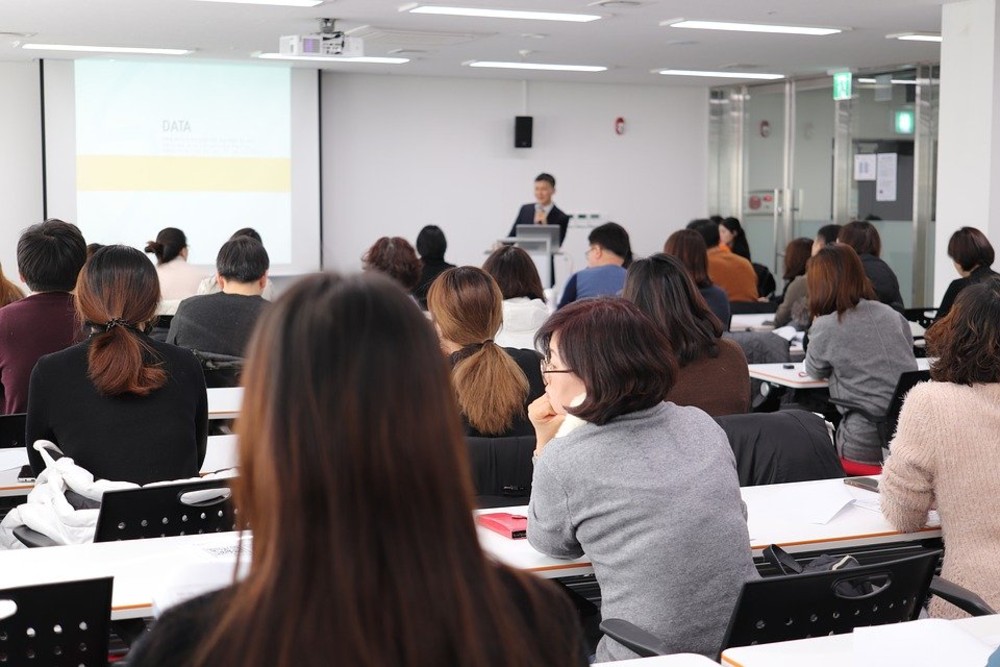Grade free semester has been suggested as the panacea for global university education during the coronavirus crisis. The system would guarantee the continuation of education regardless of how long the pandemic lasts.
The spread of coronavirus has disrupted the education system globally. In most countries that have recorded cases of the virus, they have implemented some form of restrictions to limit the number of people gathered at any particular time. The restrictions have also extended to learning institutions, which, at the beginning of the year, had already set their goals.
Universities are now adapting to new realities of lockdowns, school closure and limited engagement between students and lecturers. This includes introducing virtual learning for their students to continue with their education. The biggest challenge for these schools has been how to grade the students if the period of lockdown is extended.
The upside of a grade free semester
Take the National University of Singapore (NUS), as an example, where their administration allowed them to take exams at home during the coronavirus lockdown. The school administration reported that a significant of these students ended up plagiarising and cheating on the exams. While universities in Singapore have done well in transitioning to digital platforms, this is one factor they had not put into consideration.
The classes in Singapore are continuing without hiccups during this crisis. Much of the concern has remained on what to do when the semester period ends. The same dilemma Singapore universities have is being experienced globally.
One solution that is being promoted in Singapore is a grade free semester. The uncertainty about when the schools will be reopened is among the top reasons why a grade free semester sounds like a perfect solution.
Global implementation
Globally, this can turn out to be an excellent idea that can be also implemented by other universities. With millions of students already at home, virtual learning will ensure the students will get quality education like they would on the campus. However, honesty in virtual tests can not be guaranteed.
The Singapore system is very simple, students should be graded into two categories, pass or fail without testing. This grading will depend on the students’ engagement during the virtual learning classes. This will be a more fair system than giving these students tests, which they may end up cheating.
The only downside to this system, according to many Singaporeans, is the students on top of the grading bell curve will feel short-changed. However, for the greater good of the education and continuation of learning, the system has been hailed as revolutionary. If implemented globally, it could be very beneficial to both students and the teaching staff.
Featured image by Pixabay







